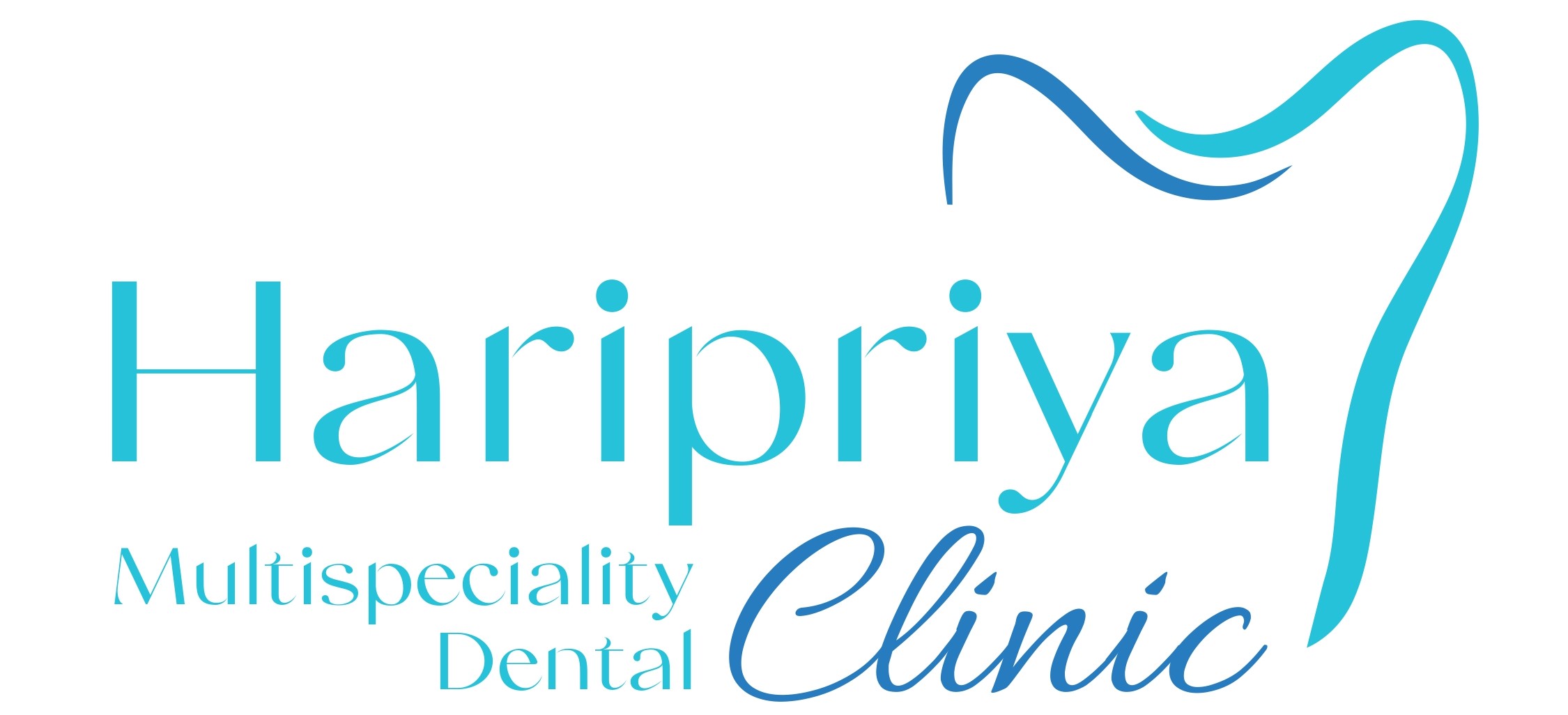Tooth sensitivity, or dentin hypersensitivity, is a frequently encountered problem that causes sharp, temporary pain or discomfort in your teeth when exposed to certain stimuli. These triggers can include cold or hot temperatures, acidic foods and drinks, sweets or even brushing and flossing. If you’ve ever felt sudden discomfort after eating something hot or cold, you may be dealing with sensitive teeth. But why does this happen, and how can you manage it?
What Causes Tooth Sensitivity?
Tooth sensitivity can result from several factors, including:
- Brushing Too Hard: Overly aggressive brushing can wear down enamel, exposing the sensitive layer underneath.
- Cracked Teeth: Cracks in the tooth can expose the nerve, causing discomfort.
- Recent Dental Procedures: Dental work such as fillings or cleanings can temporarily increase sensitivity.
- Gum Recession: Gum recession exposes the roots of teeth, making them more susceptible to damage.
- Acidic Foods & Plaque Buildup: Acidic foods and drinks can erode enamel, while plaque buildup exacerbates the issue.
How Can I Treat Tooth Sensitivity?
Treatment for sensitive teeth depends on the underlying cause and severity of the condition. Common treatments include:
- Desensitizing Toothpaste: This specialized toothpaste helps alleviate sensitivity by sealing the pathways leading to the nerves in your teeth.
- Dental Bonding or Sealants: If your sensitivity is caused by exposed dentin due to gum recession, your dentist might apply bonding material to protect the sensitive areas.
- Fluoride Treatments: Fluoride can strengthen the enamel and help protect against sensitivity.
- Mouthguard: For those who grind their teeth at night, a mouthguard can help protect enamel.
- Root Canal Therapy: In severe cases, a root canal may be needed to remove damaged nerve tissue and eliminate the pain.
How Can I Prevent Tooth Sensitivity?
To prevent tooth sensitivity, it’s essential to protect your enamel and practice good oral hygiene. Here’s how:
- Brush Gently: Use a soft-bristled toothbrush and apply gentle pressure while brushing.
- Fluoride Use: Incorporate fluoride toothpaste and mouthwash into your routine.
- Avoid Acidic Foods: Limit the intake of foods and drinks that can erode enamel.
- Address Dental Issues Early: Ensure that cavities or gum disease are treated promptly to avoid worsening sensitivity.
When Should I See a Dentist?
If your tooth sensitivity is persistent or worsens, it’s important to consult a dentist. Seeing professional helps identify the underlying cause and ensures you receive appropriate treatment.
Can Sensitivity Be Cured?
While tooth sensitivity can’t always be fully “cured,” the right treatments can help manage symptoms and significantly improve comfort. Preventative measures can also help reduce future discomfort.
Take Action Today! If you’re struggling with tooth sensitivity, don’t wait for it to get worse. At Harpriya Multispeciality Dental, Our team of specialists is here to provide effective solutions and enhance your oral health. Book your consultation today and start your journey toward a pain-free smile!

